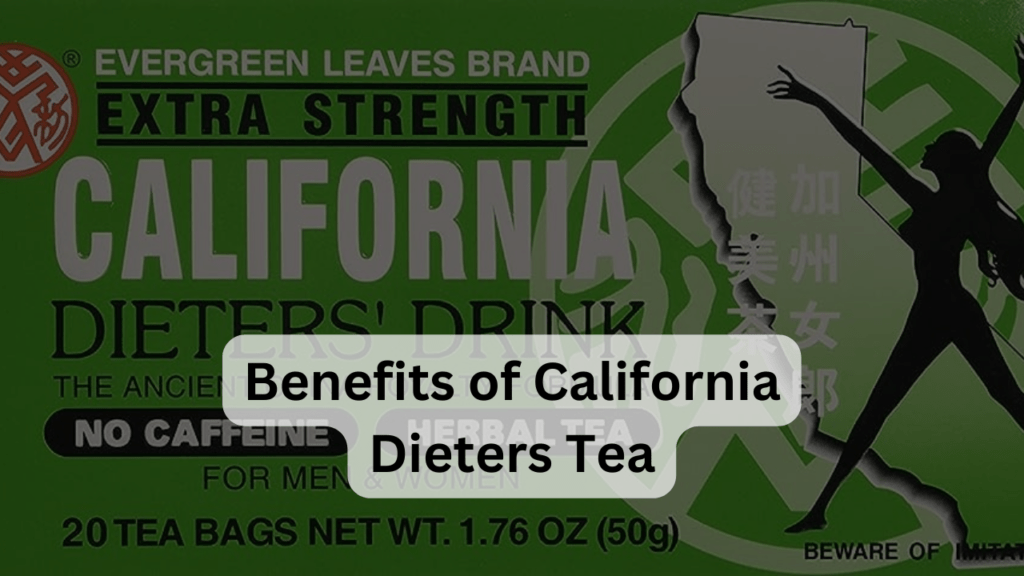Colonoscopy, a vital procedure for colorectal cancer screening and polyp removal, requires careful preparation and recovery. While the physical discomfort is often minimal, navigating dietary restrictions and lifestyle changes can be confusing. One common question that arises is: can you drink alcohol after a colonoscopy?
The answer, like most things in healthcare, isn’t a simple yes or no. It depends on several factors, including the type and level of sedation used during the procedure, your overall health, and any specific instructions provided by your doctor.
Understanding the Risks
Alcohol, a depressant, can interact with the lingering effects of sedation used during colonoscopy, potentially causing:
- Prolonged drowsiness and dizziness: This can increase the risk of falls and accidents, especially in older adults.
- Impaired judgment: Alcohol can affect your decision-making, making it unsafe to drive, operate machinery, or make important choices for 24 hours after the procedure.
- Gastrointestinal upset: Alcohol can irritate the digestive system, leading to nausea, vomiting, or diarrhea, especially during the initial recovery phase when your colon is still sensitive.
- Dehydration: Alcohol is a diuretic, meaning it promotes fluid loss. This can worsen dehydration, already a concern after the colonoscopy prep and procedure.
Factors to Consider

While the risks are present, the degree to which they apply depends on individual factors:
- Type and level of sedation: Deep sedation, requiring general anesthesia, poses a higher risk of interaction with alcohol than moderate sedation.
- Underlying health conditions: If you have liver disease, certain medications, or pre-existing digestive issues, alcohol consumption should be avoided altogether even after a colonoscopy.
- Doctor’s instructions: Always prioritize your doctor’s specific recommendations. They may advise against alcohol based on your individual case and recovery plan.
A Safe Approach
To prioritize your health and ensure a smooth recovery, here’s a safe approach to alcohol consumption after a colonoscopy:
- Wait at least 24 hours: This allows the effects of sedation to wear off completely, minimizing the risk of interaction with alcohol.
- Start slow and listen to your body: If you do choose to drink, begin with a small amount and observe how your body reacts. Look for signs of dizziness, nausea, or discomfort, and stop immediately if any occur.
- Hydration is key: Prioritize water and other hydrating liquids throughout your recovery. This helps replenish fluids lost during the procedure and counteracts the dehydrating effects of alcohol.
- Choose wisely: Opt for low-alcohol drinks like beer or wine instead of strong liquors. Remember, even small amounts can have a stronger impact after a colonoscopy.
Alternative Enjoyments

While alcohol might seem like a way to unwind after the ordeal, consider alternative ways to relax and de-stress during your recovery:
- Spend time with loved ones: Social support can be a great comfort during this time.
- Engage in light activities: Gentle walks, reading, or listening to music can be soothing and promote healing.
- Practice relaxation techniques: Deep breathing, meditation, or yoga can help manage stress and anxiety.
Remember, your health is paramount. Prioritize recovery and listen to your body’s cues. When in doubt, always consult your doctor for personalized advice on alcohol consumption after your colonoscopy.
Resources & References
- American College of Gastroenterology: https://gastro.org/
- National Cancer Institute: https://www.cancer.gov/
- Mayo Clinic: https://www.mayoclinic.org/tests-procedures/colonoscopy/about/pac-20393569
- National Institute on Alcohol Abuse and Alcoholism: https://www.niaaa.nih.gov/
FAQs about Drinking Alcohol After a Colonoscopy
Can I have one drink after my colonoscopy?
It’s best to wait at least 24 hours after your colonoscopy to avoid any potential interactions with lingering sedation or complications with recovery. Your body needs time to fully recover, and alcohol can hinder that process. Even small amounts can have a stronger impact than usual after a colonoscopy.
Does the type of sedation I received matter?
Yes, the type and level of sedation used during your colonoscopy can influence the risks of alcohol consumption. Deep sedation requiring general anesthesia carries a higher risk of interaction with alcohol compared to moderate sedation. Always check with your doctor for specific recommendations based on your sedation type.
What are the risks of drinking alcohol after a colonoscopy?
The main risks include:
- Prolonged drowsiness and dizziness: This can increase the risk of falls and accidents.
- Impaired judgment: Alcohol can affect your decision-making, making it unsafe to drive, operate machinery, or make important choices.
- Gastrointestinal upset: Alcohol can irritate the digestive system, leading to nausea, vomiting, or diarrhea, especially during the initial recovery phase.
- Dehydration: Alcohol is a diuretic, meaning it promotes fluid loss. This can worsen dehydration, already a concern after the colonoscopy prep and procedure.
When is it safe to resume normal drinking habits?
The best approach is to consult your doctor for personalized advice based on your individual case and recovery plan. Generally, it’s best to wait at least 24 hours and then start slow, listening to your body’s cues. If you experience any discomfort after drinking, discontinue immediately and prioritize hydration.
What are some alternative ways to relax after a colonoscopy?
Instead of alcohol, consider alternative ways to unwind and de-stress during your recovery:
- Spend time with loved ones for social support.
- Engage in light activities like gentle walks, reading, or listening to music.
- Practice relaxation techniques like deep breathing, meditation, or yoga.


